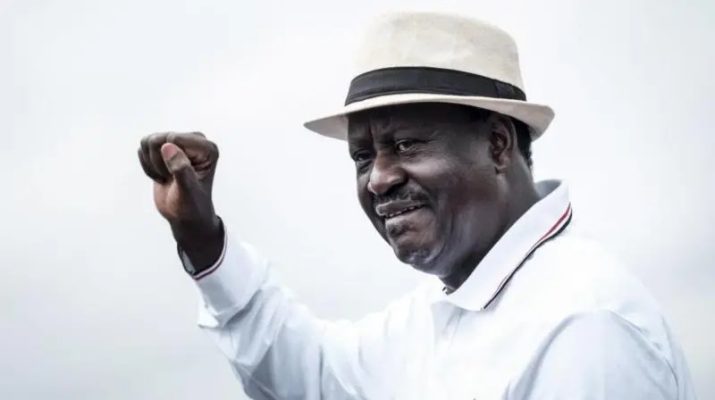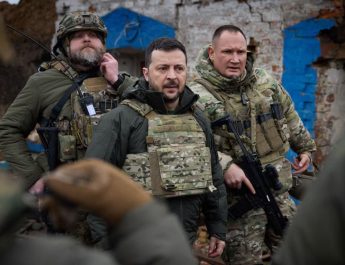Former Prime Minister of Kenya Raila Odinga passes on at the age of 85 years, but his legacies still live after him
Raila Odinga’s struggle against one-party dictatorship saw him detained twice (from 1982 to 1988 and 1989 to 1991) during the rule of Jomo Kenyatta’s successor, Daniel Arap Moi.
He was initially imprisoned for trying to stage a coup in 1982, which propelled him on to the national stage.
After multi-party democracy was introduced a decade later, Odinga repeatedly failed in his attempt to win power, often saying he had been cheated of victory.
This led to one of the biggest political crises in Kenya’s history, when about 1,200 people died and thousands fled their homes after Odinga was convinced that then-President Mwai Kibaki stole the 2007 election.
After mediation talks led by former UN chief Kofi Annan, Odinga took the post of prime minister in a coalition government, but his relationship with Kibaki was marred by what he called “supremacy wars”.
In the 2017 election, he lost to Uhuru Kenyatta at the ballot box, but won in the Supreme Court, which nullified the result because of the widespread irregularities he had highlighted.
Odinga, however, boycotted the re-run, saying a level playing field had not been created.
This paved the way for the re-election of Kenyatta, while Odinga – reputed to be a master strategist and mass mobiliser – declared himself “the people’s president” at a huge rally in the capital, Nairobi.
His supporters heeded his call to boycott the large number of businesses owned by the Kenyatta family to show their anger at the president’s re-election.
The long-standing rivalry between Odinga and Kenyatta ended with a famous handshake in 2018. It culminated with Kenyatta backing Odinga’s final bid for the presidency in 2022.
Odinga was described as a dedicated pan-Africanist who criticised what he called neo-colonialism. He championed African unity, self-reliance and integration through the building of infrastructure like roads, serving as the African Union High Representative for Infrastructure Development from 2018 to 2023.
He was also appointed by the African Union (AU) to mediate in the 2010-2011 political crisis that broke out in Ivory Coast after then-President Laurent Gbagbo refused to give up power after losing to Alassane Ouattara in elections.
However, his efforts failed to resolve the stand-off, as Gbagbo rejected him as a mediator, accusing him of being biased towards Ouattara.
In his spare time, Odinga was seen in the gym, and taking walks in his neighbourhood in Nairobi, and in his village in Siaya in western Kenya.
He was born on 7 January 1945 in Maseno in Kisumu county, and studied in what was then East Germany, acquiring a master’s degree in mechanical engineering in 1970.
Odinga was married to Mama Ida and together they have four children – the late Fidel, Rosemary, Raila Junior and Winnie.
Fidel was named after Cuban leader Fidel Castro and Odinga once explained that he had chosen the name because his son was born at the height of the Cold War, and “Mr Castro was seen to be standing against the US in the Vietnam war”.
Odinga may have been critical of US foreign policy, but he championed the creation of a Western-style democracy in Kenya.
He will probably be best-remembered as one of the founding fathers of multi-party democracy in Kenya, even if he felt that the electoral system was so flawed that it denied him the opportunity to become president.




